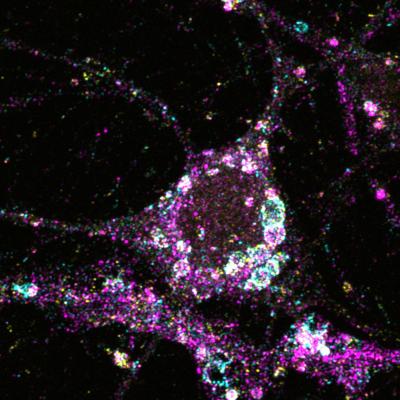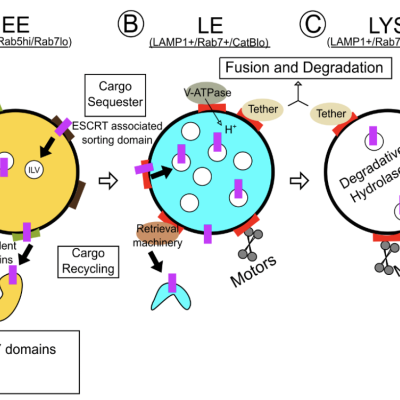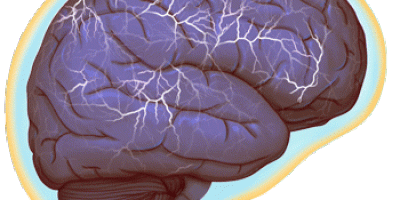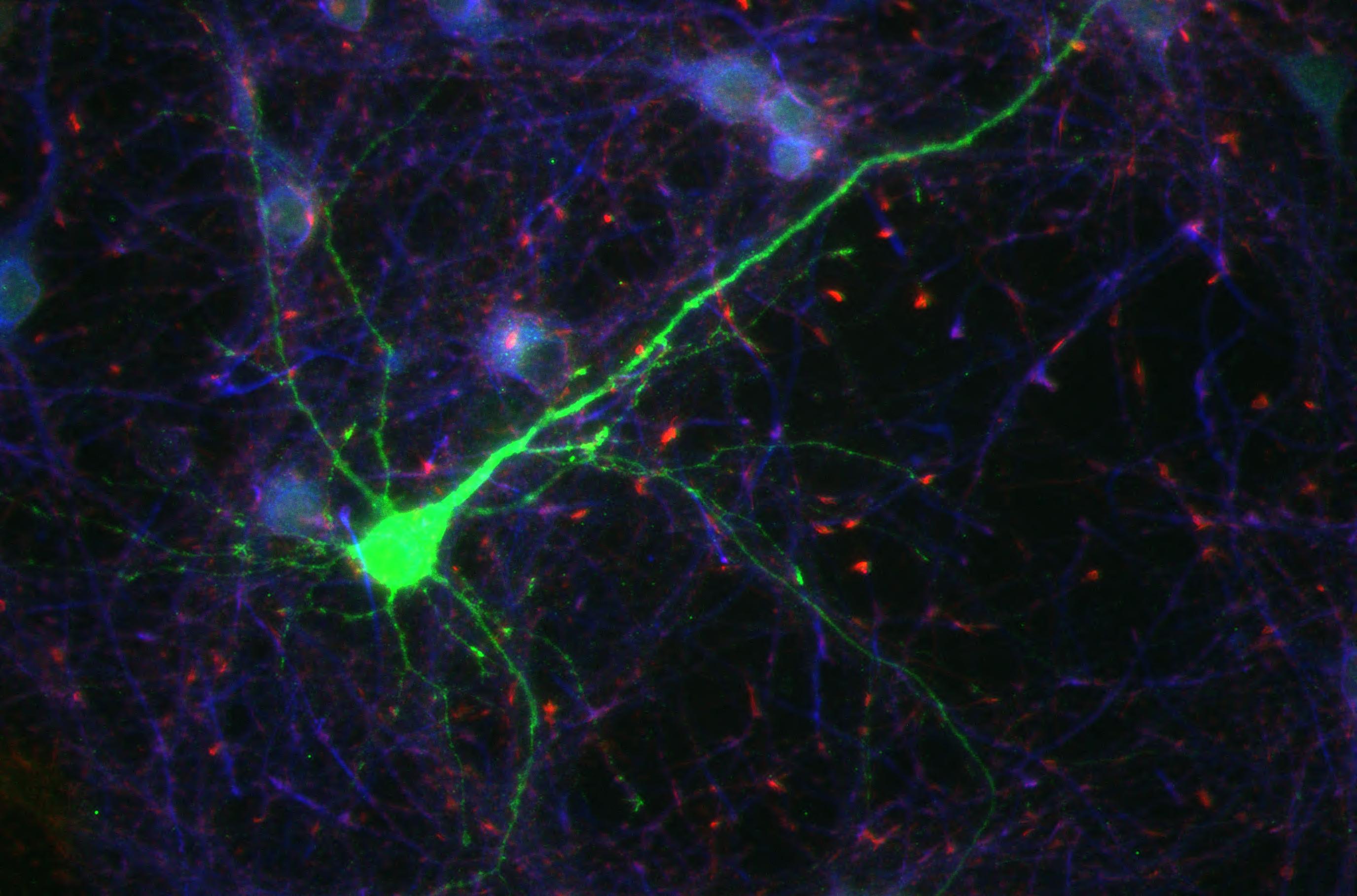Home
Winckler Lab
Our lab studies how neurons in the nervous system grow long extensions (called axons and dendrites) to span the distances from head to toe. Not only do neurons have to initially grow these processes during development, but they also have to maintain them in a healthy state for decades. Unlike many cells in the body, neurons are born during development and then never multiply again. So, any damage that occurs to a neuron needs to be fixed since the brain cannot replace them with new neurons. Our lab is interested in studying the subcellular mechanisms that allow neurons to grow axons and dendrites and maintain them over the whole lifetime of the organism. Understanding the fundamental biological processes involved will contribute to discovering new pathways and molecules that might be impaired in disorders of the nervous system during development or neurodegeneration and aging.
Our current focus is on two broad areas, the first investigates endosomal neuronal function, the second cytoskeletal regulation of neuronal morphogenesis. If you are interested to learn more, check out Winckler Lab Projects.
Current Research
Neurons are among the largest cells in the body and also among the longest lived. The size and longevity of neurons creates unique challenges for molecular and cellular machinery that regulate the cytoskeleton and membrane traffic. The Winckler lab studies the molecular basis underlying the complex morphology of vertebrate neurons. We focus on proteins that are specifically expressed in neurons and might contribute to specialized molecular pathway that serve neuron-specific roles for supporting growth of long axons and dendrites, as well as regulation of protein homeostasis in young and aging neurons.
Our current focus is on two broad areas, the first investigates endosomal neuronal function, the second cytoskeletal regulation of neuronal morphogenesis. The endolysosomal system plays a central role in regulating “cellular trash removal.” In addition, the quantity and quality of signaling cascades downstream of many (if not all) membrane receptors (such as NGF signaling) are regulated by endocytosis and endosomal trafficking. This work will elucidate fundamental cell biological mechanisms of how neurons regulate membrane traffic during development to grow axons and dendrites. Given how many diseases of the nervous system (such as Alzheimer’s disease, Huntington’s disease) as well as degenerative and regenerative processes after injury can be traced at the cellular level to disruptions of endolysosomal pathways, the fundamental insights gained from this work also have far-reaching translational implications.
Secondly, we are studying the multifunctional protein doublecortin (DCX) which is expressed in newborn neurons. The importance of DCX in brain development is underscored by the many human DCX mutations, which lead to a neurodevelopmental disorder, Lissencephaly, and to epilepsy. To date, most work has focused on the role of DCX in regulating microtubules, and thus on the question of how DCX mediates migration, axon and dendrite growth via microtubule regulation. However, several other binding partners of DCX have been identified suggesting additional roles for DCX in regulating cellular adhesion and membrane trafficking. Our central question is: do these additional binding interactions mediate additional subcellular functions of DCX in addition to microtubule regulation, and if so, how are these important for regulating diverse aspects of neural development, such as neuron migration, axon outgrowth, and dendrite arborization?
Research Disciplines
Cell and Developmental Biology, Development, Neuroscience, Stem Cells & Regeneration
Research Interests
Endosomal function and dysfunction in neurons. Development of the nervous system: cytoskeleton and membrane traffic in axon and dendrite growth.
Highlights from the Lab



In the News


